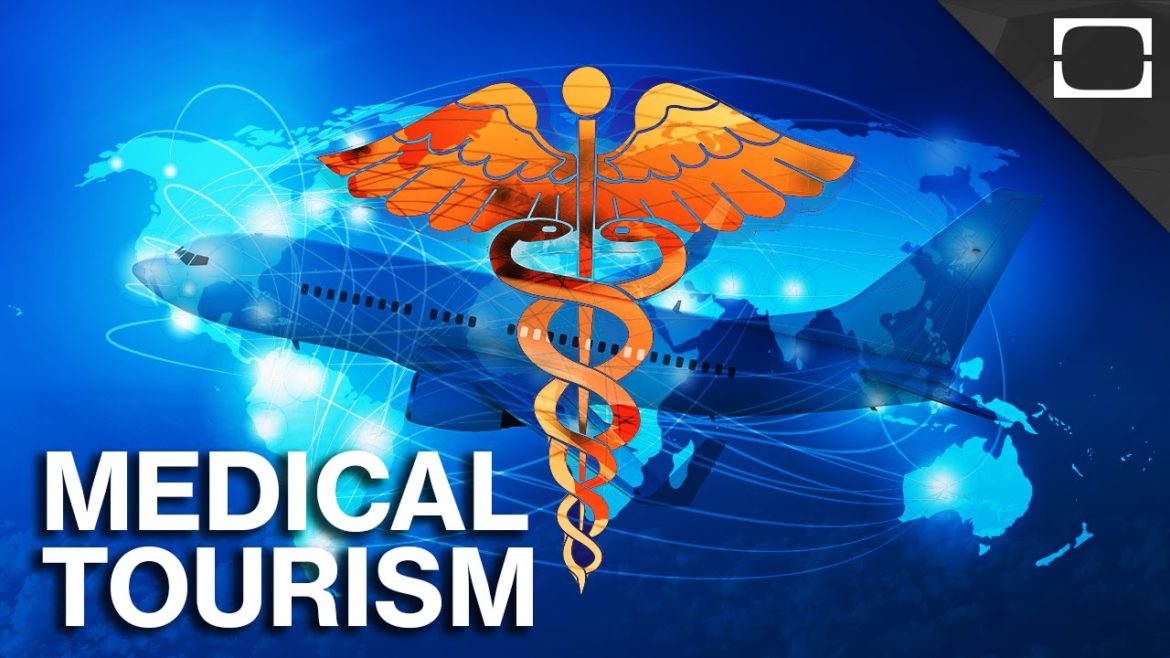By Mark Okrant, NH Travel Guru
Question: Is there a prevalent form of international tourism that most of us would prefer to avoid?
Answer: Yes. It’s called medical tourism.
Medical tourism is defined as travel to a foreign country to obtain health care. Its not-so-distant cousin is domestic medical tourism, wherein someone travels to a different city within the same country for medical care (Tourism: Globalization of the Healthcare Marketplace).
This impetus for traveling is hardly new. It has been attributed to the ancient Greeks, who purportedly traveled to the eastern Mediterranean region to be ministered at Epidauria, by disciples of Asklepios, the god of healing. Later, during the eighteenth century, Europeans began engaging in spa tours to partake in health-giving mineral waters.
During contemporary times, early medical tourism was initiated from less developed to advanced countries, to receive advanced nations’ health procedures. Recently, however, there has been considerable growth in travel from highly developed to developing countries. The reasons for this are: 1) a desire to obtain medical treatments at a lower price; and 2) to obtain medical services that are illegal in one’s own country—thus, the name ‘circumvention’ tourism has been applied to the latter (L. Johnson, Americans Look Abroad to Save on Tourism).
The most frequent service sought by practitioners of medical tourism is some form of surgery. There are two categories of these surgeries: life-saving/life-improving and cosmetic. People put their well-being in the hands of foreign medical personnel in order to receive treatment for injuries, diseases, and malformations. Others are seeking to improve their fertility or to receive abortions. Still others search for solutions to vision or dental problems. Psychiatric treatments, alternative medicine, and convalescent care are additional motivations.

Mark Okrant, the NH Travel Guru
But, why travel to another part of the world—e.g., Canada, Mexico, Costa Rica, Ecuador, India, Israel, and numerous southeast Asian countries—to receive medical care, when those services may be available in a hospital near you? The simple answer is the price of treatment. For example, a liver transplant or other organ replacement that costs several hundred thousand dollars in the U.S. may be purchased at savings of up to ninety percent in a southeast Asian country. Meanwhile, for residents of Canada and the United Kingdom, the motivation is a temporal rather than a fiscal one . . . unreasonably long wait times have driven many residents of these two countries to seek care elsewhere.
The rapid growth of this phenomenon is both a product of push and pull forces. With the future of medical insurance coverage in this country under threat from Washington, who can blame a major surgery candidate for shopping? At the same time, positive changes have been occurring abroad in the form of dramatically improved medical standards and insurance coverage, as the Medical Tourism Association has dramatically impacted the development of quality health accreditation abroad (Joint Commission International Accreditation and Certificationweb).
According to the CDC, the number of Americans seeking health care outside of the U.S. has reached 750 thousand per year. Meanwhile, halfway across the globe, visits to India are increasing rapidly; however these are not trips to the Taj Mahal. Medical tourism spending in India by internationals is projected to reach $9 billion by 2020, with approximately one-half million patients being serviced annually. In truth, the medical tourism phenomenon is symptomatic of a U.S. domestic health care system that is badly in need of its own surgical procedure.
After forty years as an educator, researcher, and consultant, Mark Okrant joined IndepthNH.org to offer concise, informative insight into New Hampshire’s travel and tourism industry as a business, while showcasing the people and places you want to know. This guy’s really been around. And, he’s funny, too.
For more about Mark’s compelling tourism-based murder mystery series, visit www.markokrant.com.
For information on current things to do in New Hampshire, go to:
http://www.visitnh.gov/what-to-do/event-calendar.aspx





